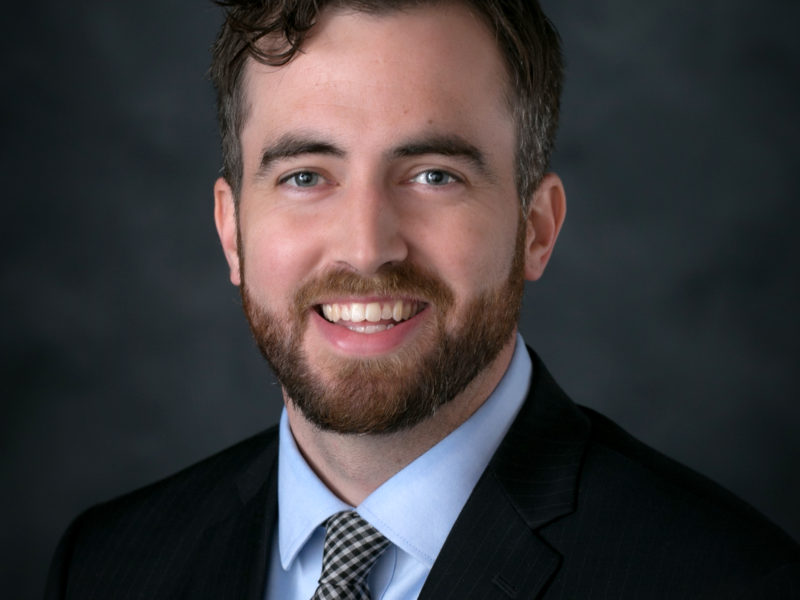The 2020 Legislative Session began in early February with a relatively modest agenda. The state’s two-year budget was enacted during the 2019 Session which left a bonding bill and some potential supplemental spending as the main goals of 2020. Work on those priorities seemed to be progressing normally through the first several weeks of the Session, but in late March life as we once knew it was upended and the Legislature, like millions of Americans, had to learn how to operate under new restrictions.
As such, Minnesota’s 2020 Legislative Session will be remembered for the challenge of conducting legislative business in an open and transparent manner while maintaining social distance to avoid spreading the Coronavirus. Committee hearings moved from their normal setting at the Capitol to being conducted completely online via Zoom. While this format provided plenty of insight into the interior decorating decisions of Legislators, it did not provide much of an opportunity for the normal give-and-take we are accustomed to at the Capitol and seemed to hinder the discussion on several pieces of legislation.
This Session will also be remembered for the rapid change of fortune for the State Budget. The February Revenue Forecast projected a surplus of approximately $1.5 billion for the biennium (two-year budget cycle) ending June 30, 2021. Instead, just two months later, an updated revenue projection predicted a $2.5 billion revenue shortfall for this same timeframe. This is a stunning reversal over an extremely short time and will be an issue for future Legislatures to grapple with as the State tries to rebound from the economic damage incurred during our pandemic response.
Because of these bleak budget realities, Governor Walz advanced a very limited Supplemental Budget with a focus on the state response to the pandemic. Any thought of increased funding for state programs was dismissed by Republicans and Democrats alike. Bills that were deemed vital by legislative leaders before the pandemic outbreak were simply set aside as work began on COVID-19 response legislation. At first this approach worked well as the nation’s only divided Legislature worked together to pass COVID-19 relief and work with the Governor’s administration on an effective public health response. Lawmakers worked together to provide funding for hospitals and small businesses impacted by stay at home orders and seemed to be on the same page in pandemic response.
But as the pandemic dragged on and the Legislative Session approached the Constitutionally mandated May adjournment date, that cooperation began to fade. The Governor issued a series of Executive Orders that the Republicans in the Legislature claimed exceed his Constitutional authority. Republicans demanded the Governor give up his peacetime emergency authority before they were willing to work on a bonding bill. Neither party blinked as Session ended and so work on a bonding bill was not completed during the regular Legislative Session and was pushed to be assembled during a June Special Session.
It was at this time, after the end of the regular Session but before the anticipated Special Session, that life in Minnesota changed again – this time with the release of a video showing the broad-daylight murder of George Floyd at the hands of the Minneapolis Police. The resulting civil unrest and social justice discussion has changed the potential scope of special session and complicated negotiations between Legislative leaders. In addition to a bonding bill, Representatives and Senators are also focusing on police reforms during Special Session, but how broad those changes should be is currently being debated between House and Senate committees.
The balance of power between the legislative and executive branches of government, a bonding bill, police reforms, and state response to the COVID-19 pandemic all hang in the balance as work continues in Special Session. Whatever the outcome, the 2020 legislative process will stand out in our memory for all of the challenges confronted by state political leaders.
Samuel Richie is an attorney with Fryberger, Buchanan, Smith & Frederick, P.A., practicing primarily in the government relations and legislation areas and also administrative law.


 Workplace Harassment: What Employers Must Know
Workplace Harassment: What Employers Must Know